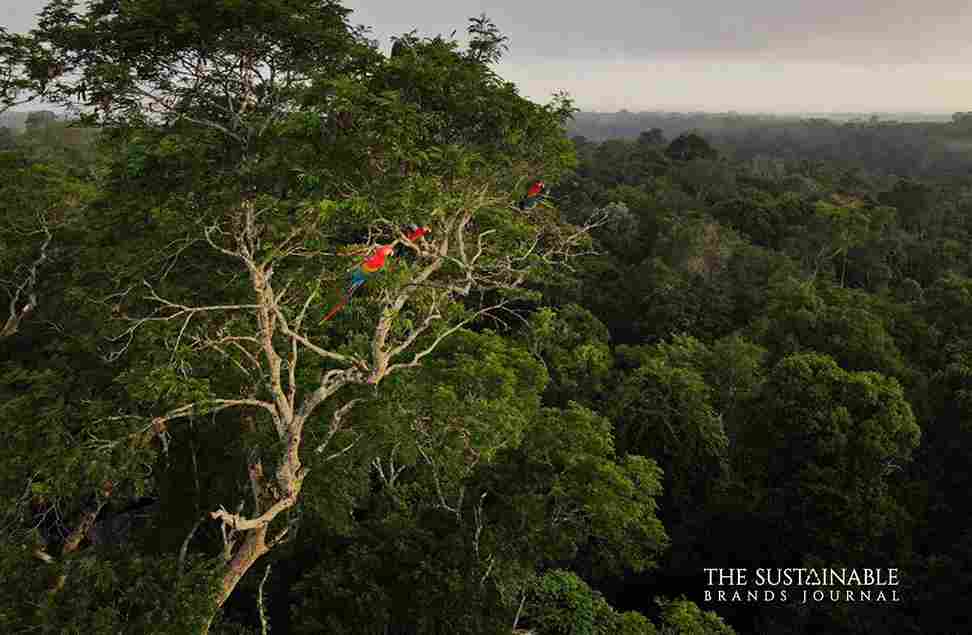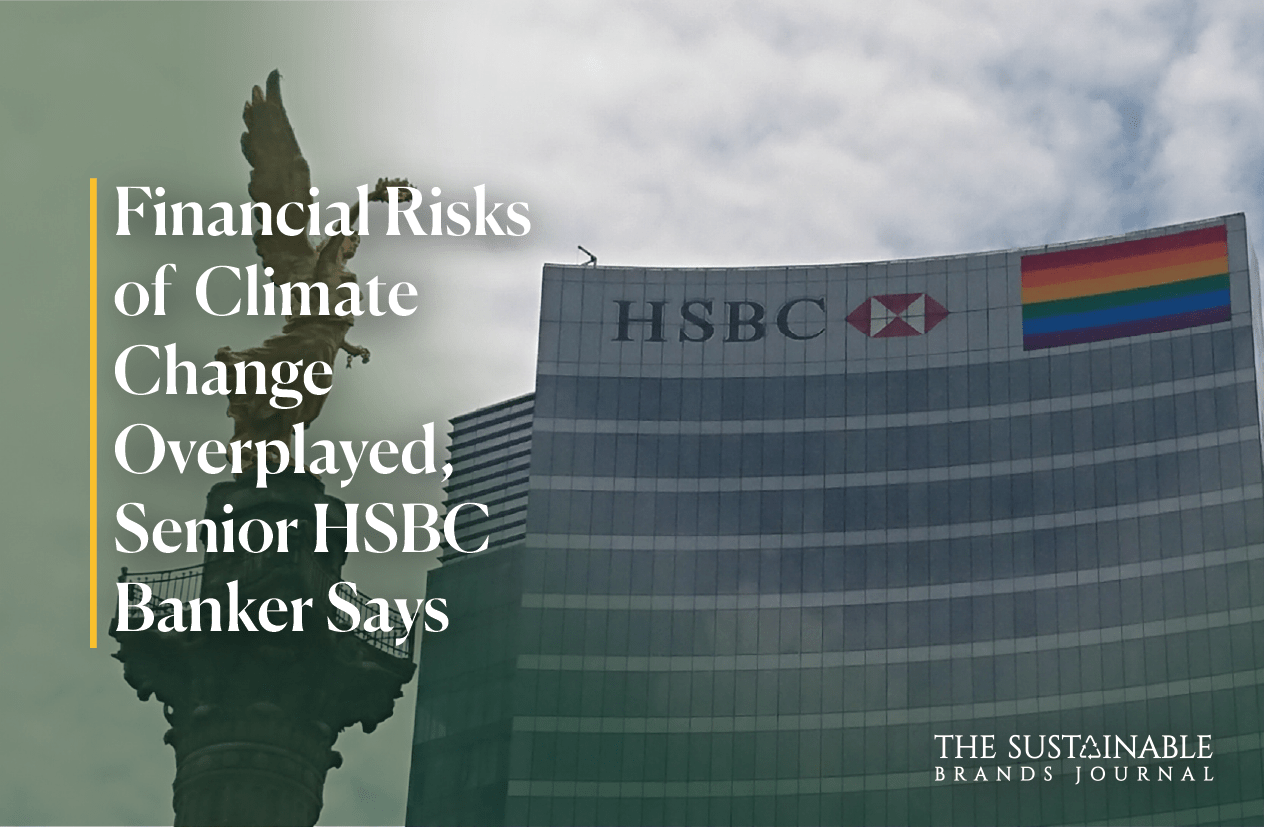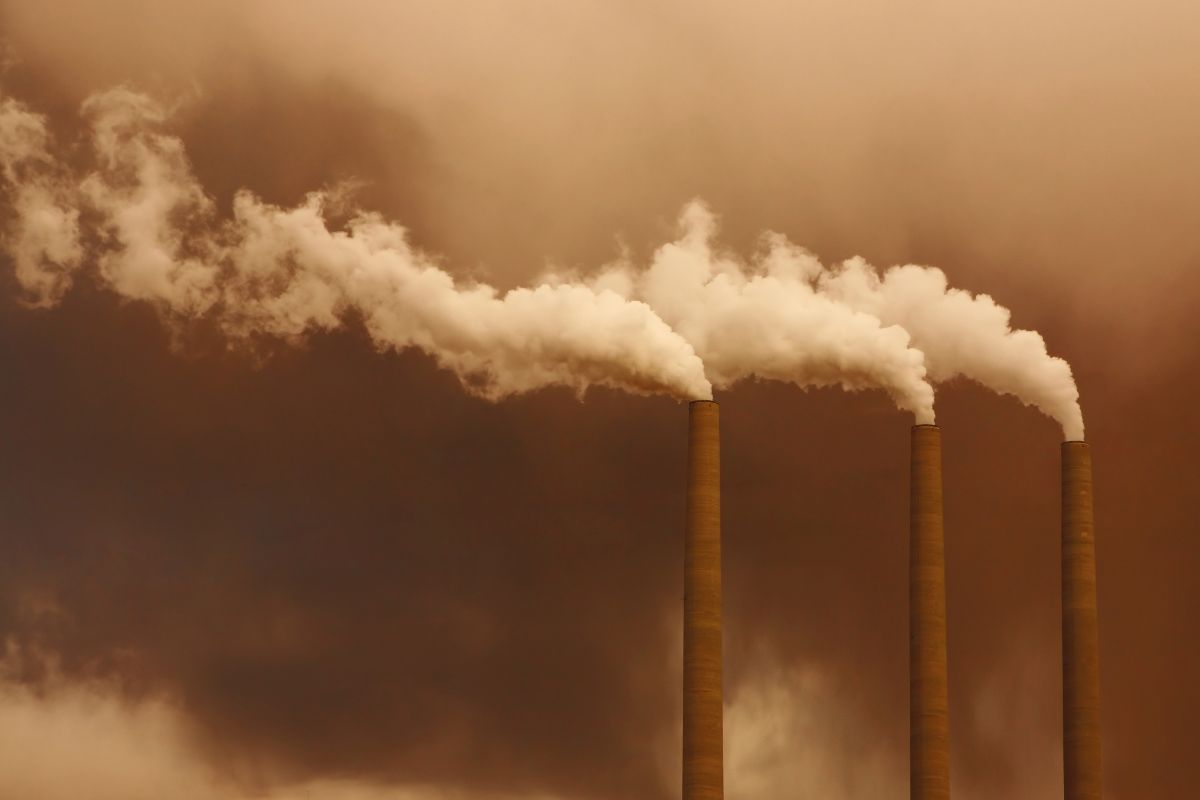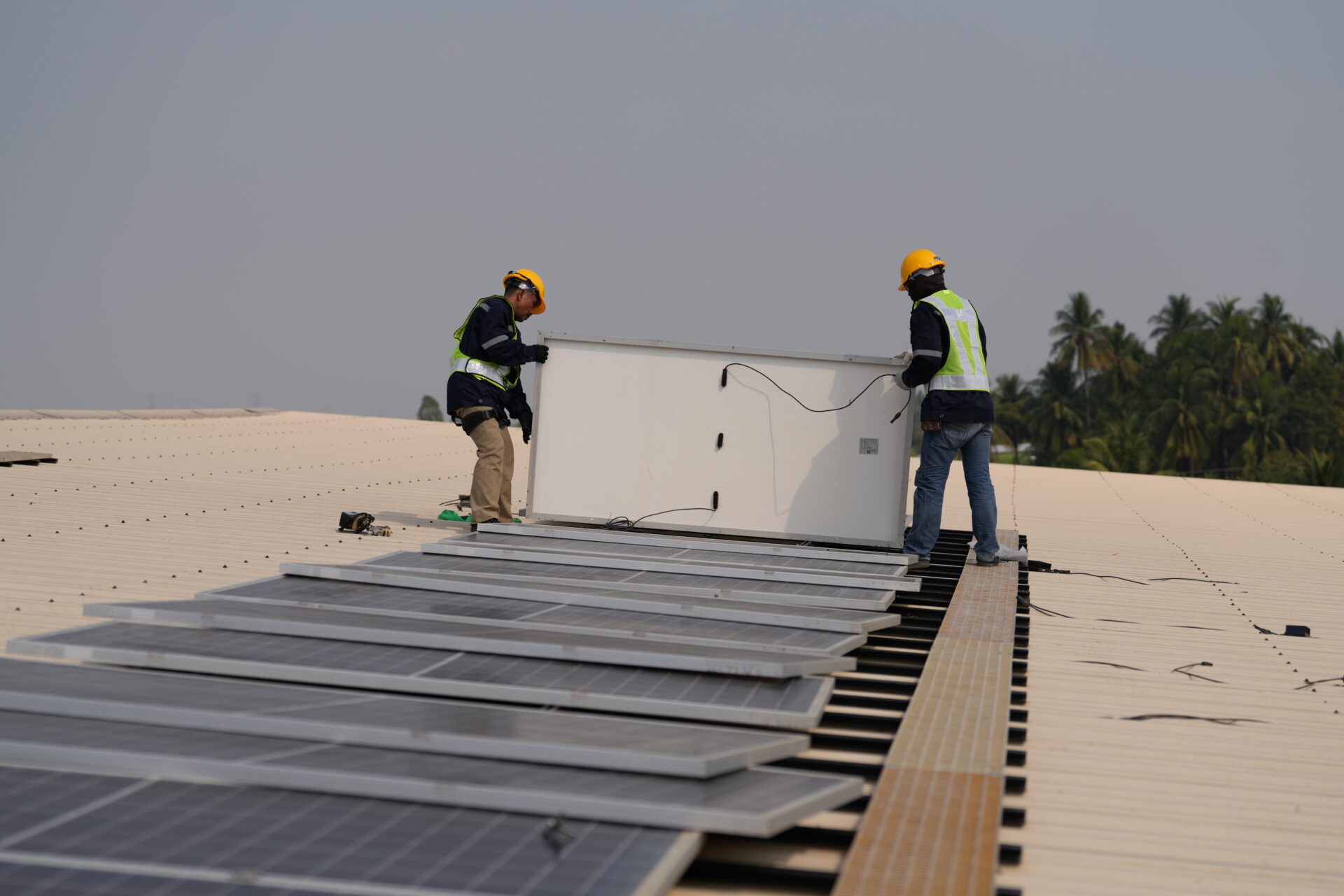
World Bank Invests $500 Million in Brazil’s Climate Goals
The World Bank has approved a $500 million project in Brazil to support the expansion of sustainability-linked finance and increase the private sector’s ability to access carbon credit markets. The initiative, in partnership with Brazilian state-controlled lender Banco do Brasil, aims to help Brazil achieve its climate goals and reduce deforestation.
Sustainability-linked financing (SLF) is a financing approach that allows for reduced financing costs when certain environmental, social, and governance (ESG) requirements are met by a company. However, it does not require the funds to be used for climate-friendly purposes. The World Bank’s project in Brazil aims to adopt an SLF approach to lending in order to help the country meet its climate goals and deliver “robust” mitigation benefits, according to a statement from the bank.
At the start of December, the World Bank and its partners launched a global tracking system to clean up the opaque market for carbon credits and help developing countries raise much-needed climate finance quickly and more cheaply. Carbon credits are generated through activities such as planting forests or capturing carbon dioxide from the air and are sold to polluters to offset their emissions. This helps them reach net-zero emissions and limit global warming.
The project in Brazil is expected to mobilize up to $1.4 billion in private capital through the expansion of financing by Banco do Brasil and private investors. It will also encourage firms to adopt and implement credible GHG emission reduction plans to reduce their company-wide carbon footprint, as well as link these firms to high-quality carbon markets. The project will provide Brazilian firms, especially small and medium-sized companies, with an accessible end-to-end service for measuring and generating returns from carbon credits.
“Up to 90 million tCO2e in emission reductions are expected by 2030, the equivalent to about 4.5% of what Brazil needs to stay on track with its net-zero commitments,” the World Bank said.
Stopping deforestation in the Amazon, which absorbs vast amounts of planet-warming greenhouse gas, is part of Brazilian President-elect Luiz Inácio Lula da Silva’s plan for the country to reclaim leadership on climate change measures, which were previously abandoned by the Bolsonaro administration. The World Bank’s project in Brazil aims to support this effort by adopting an “innovative, outcome-based financing approach” that encourages firms to adopt and implement credible GHG emission reduction plans to reduce their company-wide carbon footprint, as well as linking these firms to high-quality carbon markets.
Banco do Brasil will be able to offer its clients packages that integrate financing with support to access carbon markets through a “one-stop shop,” according to the World Bank. This will provide Brazilian firms, especially small and medium-sized companies, with an accessible end-to-end service for measuring and generating returns from high-integrity carbon credits.
“Brazil has significant potential to become a global leader in the transition to a low-carbon economy,” said Johannes Zutt, World Bank country director for Brazil. “To do so, urgent action is required to complement public interventions with private solutions and financing.”
The World Bank’s project in Brazil is a significant step towards supporting the country’s efforts to achieve its climate goals and reduce deforestation. By adopting an SLF approach to lending and providing access to carbon credit markets, the bank hopes to encourage the private sector to take action on climate change and contribute to the transition to a low-carbon economy. The project is also expected to mobilize significant private capital and provide end-to-end support for Brazilian firms looking to measure and generate returns from carbon credits.

Prachi, an accomplished Chief-Editor at The Sustainable Brands Journal, has 15+ years of experience in Europe, the Middle East, and India, managing 90+ global sustainable brands. She’s a prolific writer in sustainability, contributing to various publications. Prachi’s unwavering passion and expertise make her a recognized authority, driving positive change and inspiring a sustainable future.





